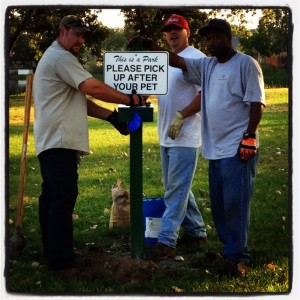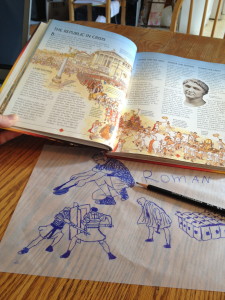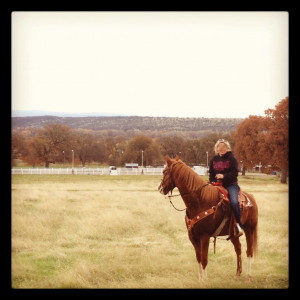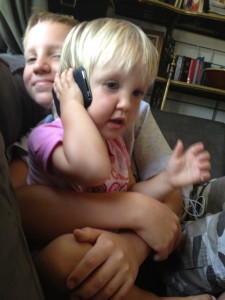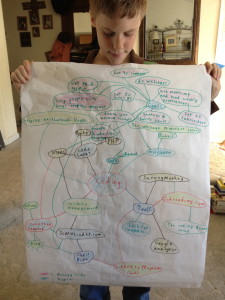
Use the MindMap technique to help you uncover new skills that could add to your child’s growing talent. Remember that a talent, in order for it to be useful enough to other people, should continue to evolve with an eye to adapting to new learning opportunities and to developing growing market value. The MindMap starts with a large piece of butcher paper, some colored felt pens, and a list of keywords or phrases that describes the current state of your child’s talent. You then connect the keywords to new words representing new ideas and thoughts; enhance with doodles if you like. It is in the process of connecting with old and new that your mind will uncover new talent development possibilities that you had not seen before.













